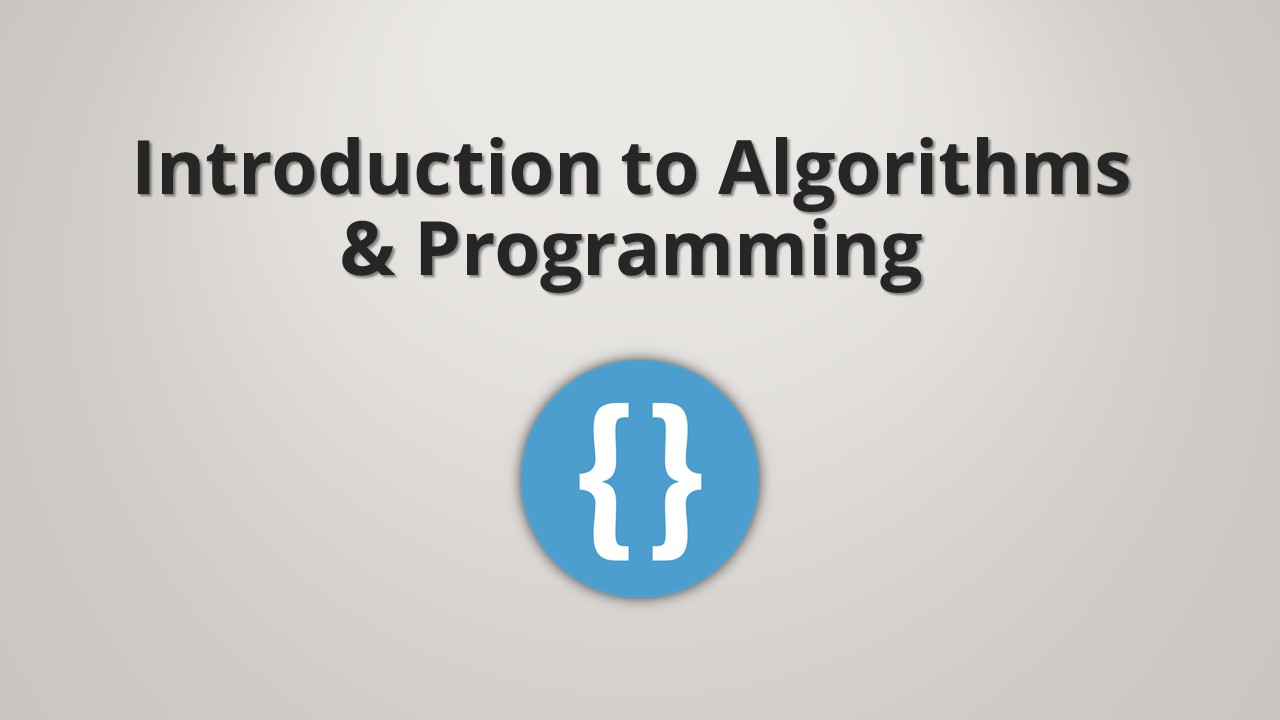

HI, I'm Joud Khattab
Information Management Officer
Business & Data Analyst, University Instructor, Developer, and Tech Entrepreneur
Email: [email protected] / Phone: +963 991 448 543
Education
Master in Big Data Science
Higher Institute for Applied Sciences and Technology - Graduation December 2019
Overview: Big Data science is all about uncovering findings from data. Diving in at a granular level to mine and understand complex behaviors, trends, and inferences. It's about surfacing hidden insight that can help enable companies to make smarter business decisions.
Field of Study: Data Warehousing & Mining, Data Analysis, Machine Learning, Data Visualization, Cloud Computing, Data Privacy, Text Analytics, Social Network Analysis.
Bachelors of Business Administration
Damascus University - Graduated June 2017
Overview: Business Administrators prepares to plan, organize, direct, and control the functions and processes of a firm or organization. Includes instruction in management theory, human resources management and behavior, accounting and other quantitative methods, purchasing and logistics, organization and production, marketing, and business decision-making.
Field of Study: Project Management, International Marketing, E-Commerce, Human Resource Management, SMEs Management, International Business Administration.
Bachelors of Software Engineering
Yarmouk Private University - Excellent degree - Graduated August 2016
Overview: Software engineering is a direct sub-field of engineering and has an overlap with computer science and management science. Software engineers are computer science professionals who use knowledge of engineering principles and programming languages to build software products, develop computer games, and run network control systems.
Field of Study: Programming, Algorithm Analysis, Database Systems, System Analysis & Design, Image Processing, Artificial Intelligence, Natural Language Processing.
Work
Information Management Officer
UNICEF - Jun. 2023 - Present
Responsibilities:
Generate and manage information efficiently to facilitate the Child Protection program reporting.
Develop, monitor, and update M&E frameworks to support the Child Protection program by managing and designing assessments and analyze the results of the assessments by generating programme impact analysis.
Building capacity for Child Protection partners and section staff in information management by conducting training for partners on data collection methods and reporting templates.
Prepare grant attribution for donor reports as well as conducting the needed analysis for the grant allocations base on situation and needs.
Information Management Officer
UNDP - Nov. 2021 - Jun. 2023
Responsibilities:
Address information needs of the Early Recovery and Livelihood (ERL) sector by developing pertinent databases, maps, and charts aligned with sector objectives, plans, and activities on a regular basis.
Oversee the process of data collection, analysis, and dissemination for the ERL Sector, maintaining constant updates of the ERL 4Ws database and its derivative products and ensured seamless information sharing with other sectors.
Orchestrate all Information Management (IM) related processes involving in conducting the Humanitarian Need Overview (HNO), Humanitarian Response Plan (HRP), Syrian Humanitarian Fund (SHF) allocations.
Strengthening evidence-based learning and contextual and sector analysis reports tracking most priority responses and the consequent mapping of ERL resources, needs, and gaps.
Build the capacity of the hub IMs and partners on data submission, analysis, and visualization through in-person and on job training.
ICT Quality Assurance & Data Analyst
UNDP - Jan. 2021 - Nov. 2021
Responsibilities:
Formulate Quality Assurance (QA) and Monitoring & Evaluation (M&E) Standard Operating Procedures (SOPs) for services, activities, and projects executed by the NGO's capacity-building unit.
Conduct in-depth analysis of ICT requirements for NGOs, with a focus on shifting the management's perspective towards recognizing ICT as a pivotal tool for NGO advancement.
Articulate and establish Terms of Reference (TORs) and specifications for software solutions for NGO’s capacity building unit.
Develop and administrate the NGOs e-learning platform and NGOs Roster visualization dashboard.
Oversees the management of data collection and analysis for Civil Society Organizations (CSOs)/NGOs.
University Practical Instructor
Yarmouk Private University - Feb. 2017 - Sep. 2021
Responsibilities:
Teaching a diverse range of courses including programming, algorithms, data analysis, web development, system analysis and design, covering the entire software development lifecycle from requirement gathering to deploying software’s.
Teaching programming languages such as Python, C++, C#, Java.
Act as a supervisor and jury member for graduation projects.
Development of courses curriculum and college curriculum plans.
Preparing academic programs for each semester, ensuring alignment with educational objectives.
Ensure the academic content's adherence to high scientific standards.
Facilitate and organize meetings for the college council and executive committee.
Business & Data Analyst
Spacetoon GO - Apr. 2020 - Dec. 2020
Responsibilities:
Managing compiling and tracking KPIs and periodic analysis delivered for SVOD platform.
Identify fast viewership trends and top performing content to drive strategic promotion.
Work closely with stakeholders and team members to identify and unlock business opportunities.
Define, set and develop a consistent data strategy and business intelligence solutions that meets the business objectives and targets.
Designing, implementing, and improving data models, data pipelines, and metadata extractors.
Lead, implement, and maintain the integration and operation of the analytics and engagement systems.
Support insights and visualization of historical and complex data sets and develop prototype solutions, models, and algorithms analytics to lead to actionable insights and decisions.
Ensuring data accuracy, performance, usability, and functionality requirements of BI platform.
University Practical Instructor
Arab International University - Aug. 2018 - Aug. 2020
Responsibilities:
Teaching Software Engineering courses at the Faculty of Information and Communication Engineering. Courses like System Analysis and Design, and Business Intelligent.
Supervising 8 senior and junior projects.
Certified Trainer for the national graduation examination.
Co-Founder & Software Architect
Software Development Office - May 2018 - Jan. 2019
Responsibilities:
Design and execute software solutions to address different business challenges.
Generate high-level product specifications and design documents to guide the development process.
Formulate comprehensive software project plans and efficiently manage deliverables to ensure timely completion.
Leading and managing the development team. Consisting of 6 cross functional software engineers.
Ensure the solutions meets quality assurance criteria by developing and implementing test plans to evaluate functionality, performance, reliability, and compatibility of software applications.
Evaluate and recommend tools and technologies to ensure the highest quality product platform.
Researcher Intern at UN-ESCWA
Statistical Division - Sep. 2017 - Jan. 2018
Responsibilities:
Compiles, processes, and works with multidimensional socioeconomic databases.
Facilitate in developing, implementing, and managing of statistical database and data science projects.
Supports drafting of inputs to presentations, project documents, and research papers.
Coordinate in the organization of seminars, working groups and expert meetings.
Full Stack Web Developer
Freelancer - Jun. 2014 - May 2018
Responsibilities:
Design the overall architecture of web applications ensuring optimal functionality and user experience.
Upheld high standards of quality and responsiveness in the applications developed.
Creating servers and databases for functionality.
Working alongside graphic designers for web design features.
Designing and developing APIs and writing their technical documentation.
Develop websites using ASP.NET, PHP, HTML5, JavaScript, and many more tools and languages.
Software development for web-based systems, using C#, ASP.net, MVC, Entity framework, MSSQL server.
Working with multinational clients in UAE, Saudi Arabia, Turkey, Lebanon, Iraq, and Germany.
Volunteer
World Summit Awards
Youth Ambassador - Jun. 2020 - Present
The World Summit Awards WSA is an INGO that hold a unique awards system, selecting and promoting local digital innovation to improve society. WSA implements the UN agenda for the development of the information society and supports specifically the UN SDGs through the use of ICTs.
SEERS Platform
Co-Founder & Program Manager - May. 2020 - Present
SEERS is a UNDP supported startup that designed to identify core and innovative learning of a digital community that best encourages, inspires, and supports successful social enterprises and entrepreneurs through a life-long learning journey from finding best practice, case studies, lessons learnt that will accelerate their growth, encourage their collaboration and expand their future opportunities.
YLP UNDP Regional Hub
E-Platform Technical Team Leader - Apr. 2019 - Present
Youth Leadership Programme is one of the UNDP Programs, it is launched in 2015 to build the region's most dynamic network working at the intersection of youth, innovation, and sustainable development. YLP platform connects YLP alumni and partners across the Arab States region. It offers a space for participants to network, share their ideas, and search for support.
ChangeMakers
Chief Technology Officer - Aug. 2017 - Present
ChangeMakers is a Syrian Youth-led initiative aiming to provide young people with coding skills and develop their abilities to communicate effectively. It is funded by the UNFPA.
Innovation Hub
Co-Founder & Event Organizer - Feb. 2019 - Jun. 2019
A Syrian initiative that founded to support entrepreneurship, technology and innovation. By encouraging youth to start their own tech startups, Promoting the culture of openness, collaboration and innovation and providing a supportive environment for them.
Syrian Collegiate Programming Contest
Program Organizer & Coach - Aug. 2016 - Oct. 2018
The International Collegiate Programming Contest, known as the ICPC, is an annual multi-tiered competitive programming competition among the universities of the world.
TEDxYPU
Web Developer and Technical Associate - Jan 2015
TED is a nonprofit devoted to Ideas Worth Spreading. They believe passionately in the power of ideas to change attitudes, lives, and ultimately, the world. TEDx is an event that bring together bright minds to give talks that are idea-focused, and on a wide range of subjects, to foster learning, inspiration and wonder – and provoke conversations that matter.
SEMINARS
Customer Engagement Management
Design Thinking and Role Playing
Data Storytelling
Geospatial Information Management
Big Data for Development
Fog Computing
Personality Detection via MBTI Test
Seasonal ARIMA
Spark SQL
Social Networks Analysis
Smart City Era
Optimization Techniques
From Image Processing To Computer Vision
Network Address Translation (NAT)
Teaching Courses
Introduction to Algorithms & Programming
This course consists of an introduction to problem understanding and solving. Introduction to algorithms, their representation, design, structuring, analysis and optimization. Implementation of algorithms as structured programs in a high level language. Introduction to programming with the use of a suitable high level language.
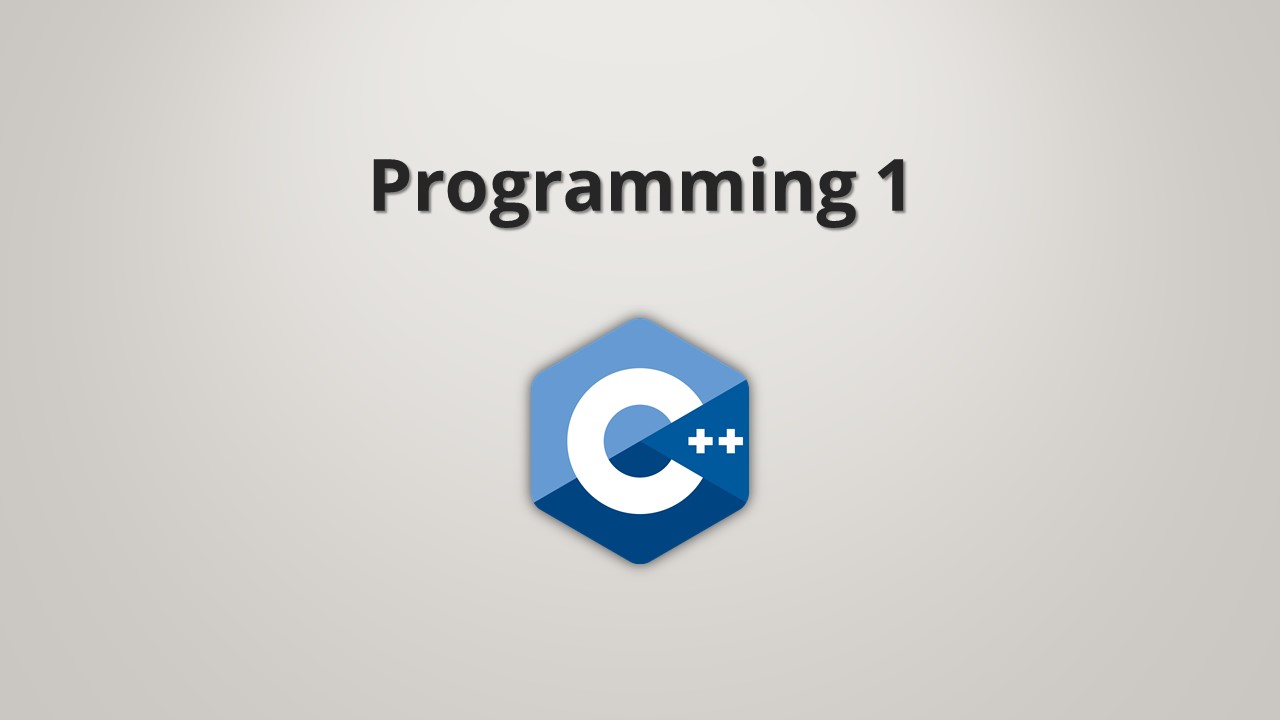
Programming 1
This course is focused on procedural programming using an appropriate programming language. It covers : arrays, functions, pointers, Dynamic memory allocation, Structures, classes and related topics. All implemented in C++.
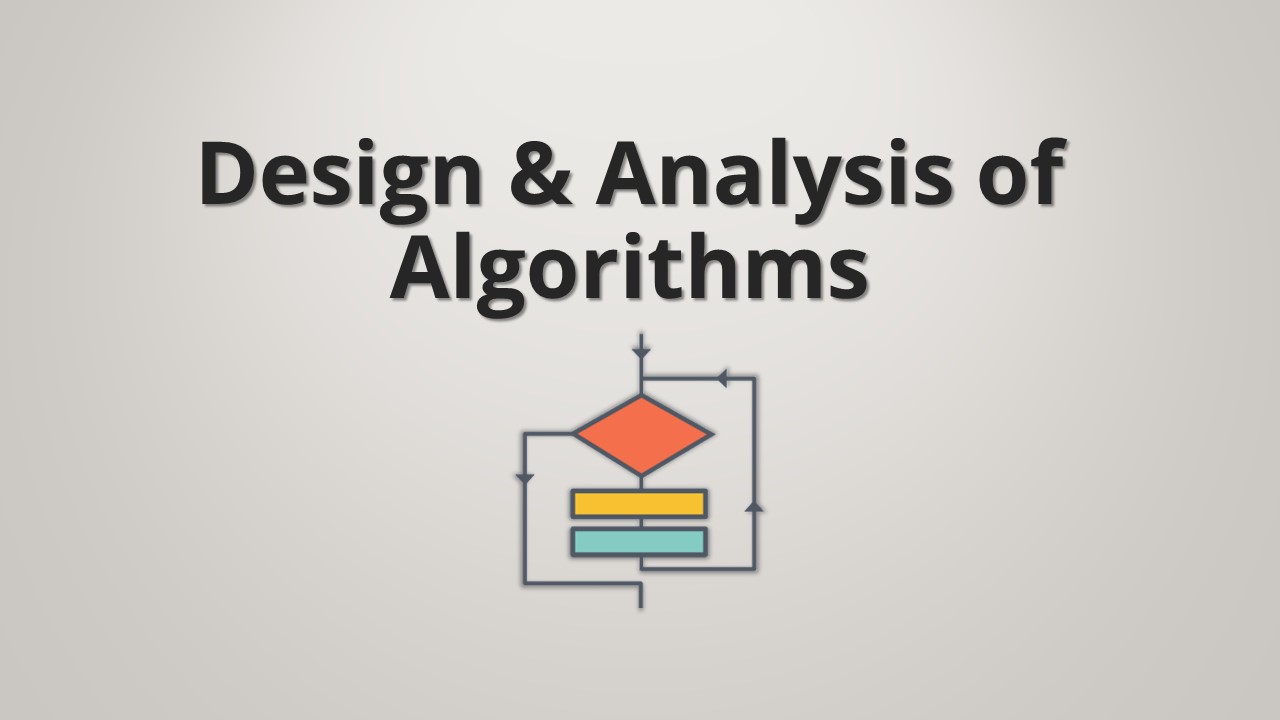
Design & Analysis of Algorithms
This course is a study of the design, analysis and representation of algorithms. Topics include: Models of computation, fundamental strategies divide-and-conquer, recursion, search and traversal, backtracking, branch-and-bound, analysis tools and techniques for algorithms, representation of sets and graphs, algorithms on graphs, NP-completeness and intractability.

Programming Languages
This course covers the principals of programming languages. It includes the structures of programming languages. Formal specifications of syntax, semantics and translation. Data structures, data control, subprograms, storage management concepts and techniques employed in major languages.

Compiler Design
Introduction to compilation, interpretation, translation, formal languages and grammars, major compilation phases such as lexical analysis, syntax analysis, intermediate code generation, semantic analysis, optimization, and code generation.

Data Mining
The course is covering the following points: Introduction to basic principles for knowledge extraction and types of data, Acquire necessary skills in data mining implementation, Basic techniques: classification, clustering, dimension reduction, feature selection, knowledge discovery.

Computer Graphics
This course represents an introduction and fundamentals of computer graphics. Lines and circles algorithms. Geometrical transformation in 2D and 3D (Translation, Scaling, Rotation). Composing transformations, projection, methods for forming 2D views using curves.
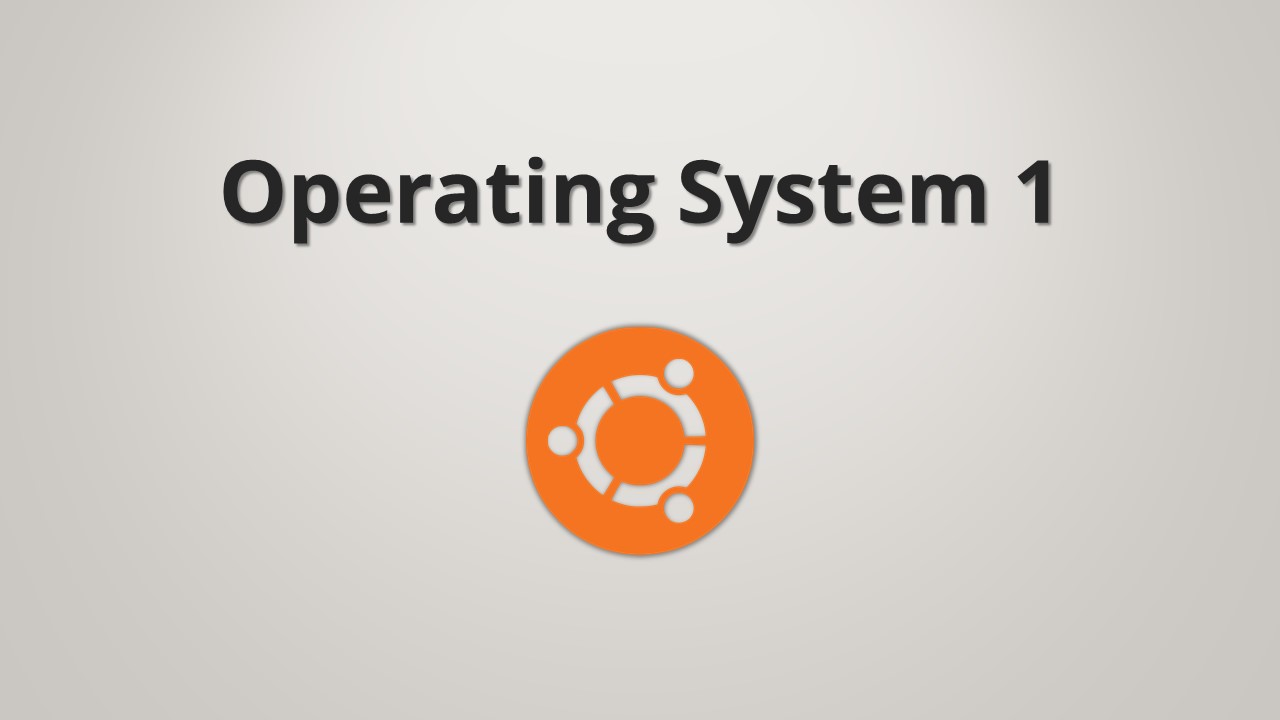
Operating System 1
This course covers: an introductory study of evolution, services, and structure of operating systems. The basic concepts of operating system design, implementation and management of system resources such as CPU, Input/Output devices and drivers, memory and software. Examples given from modern operating system such as Unix and Windows driven operating systems.

Information System Analysis & Design
This course is an overview of system analysis and design. Concepts and methods used in the analysis, design, and deployment of information systems. Explore the major issues at each stage in the system development life cycle, including requirement analysis, logical design, functional design, and implementation. Technical tools such as data flow diagrams, entity relationship diagrams, and CASE tools are introduced.
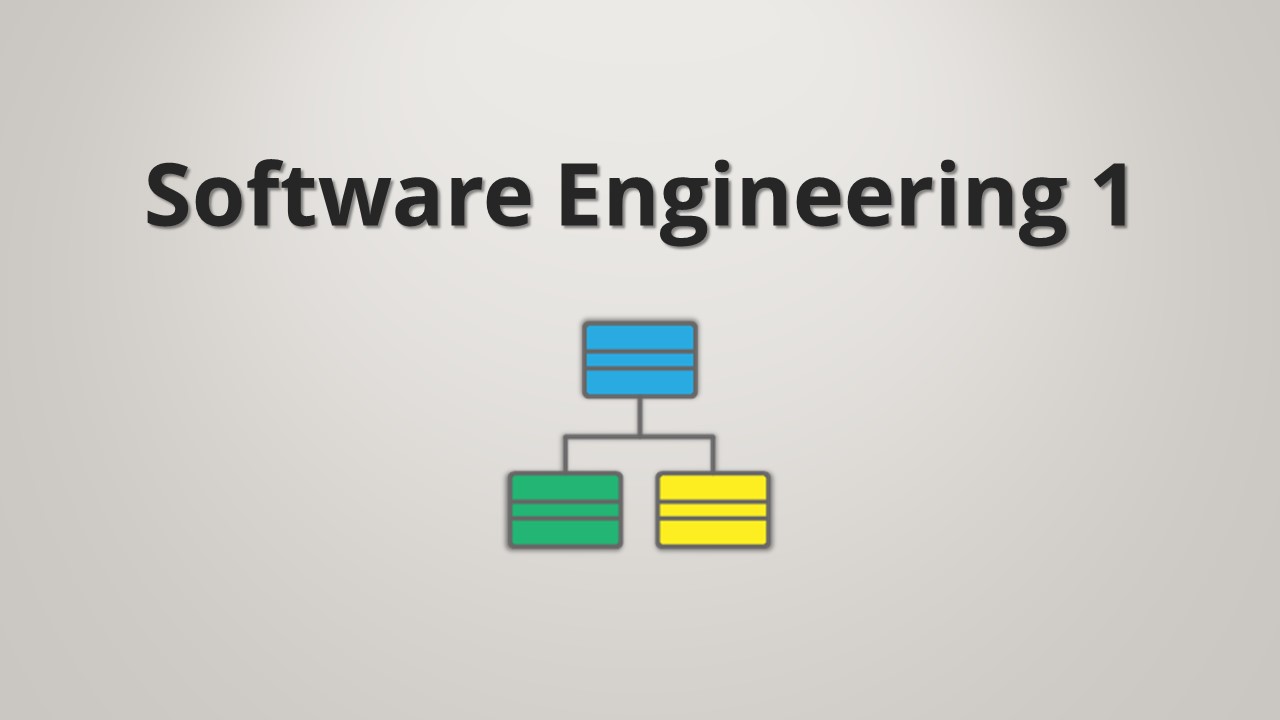
Software Engineering 1
This course covers the following topics: Fundamentals of software engineering using a group project as the basic vehicle. Software crisis, managing complexity, requirements specification, architectural and detailed design, UML, testing and analysis, software process, and tools and environments.
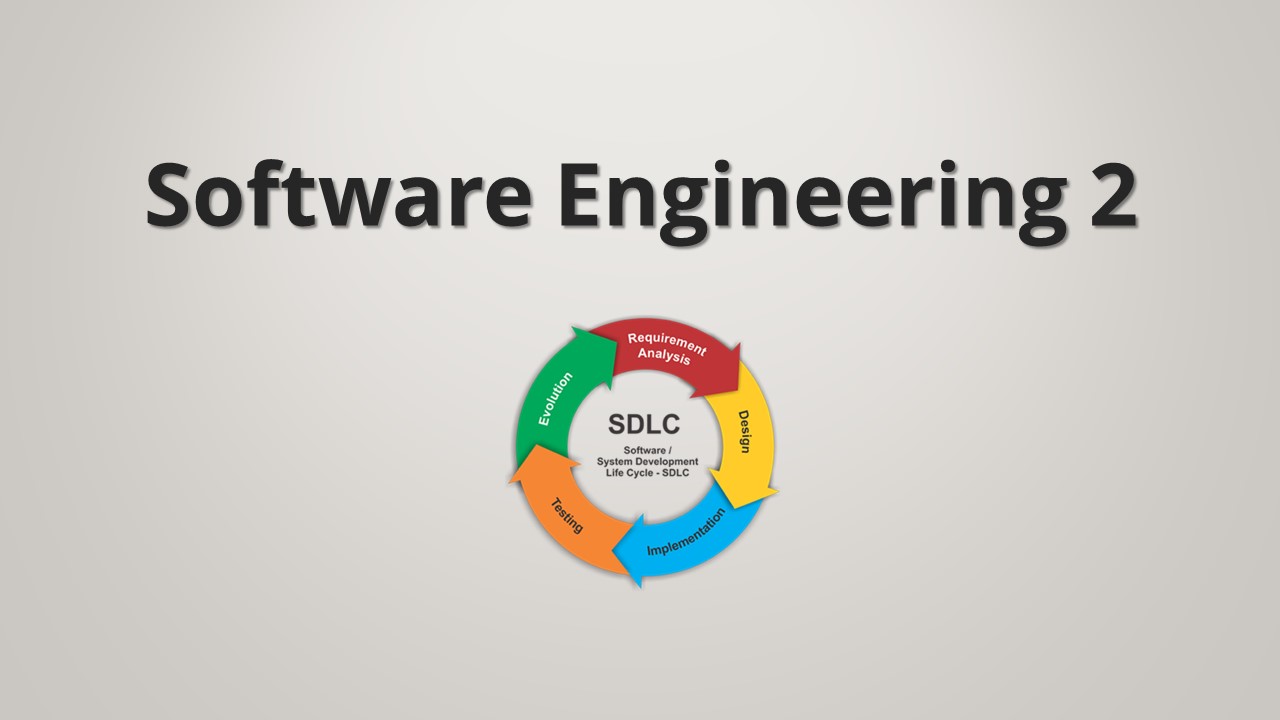
Software Engineering 2
This course covers essentially the following topics: Basics of System Design, Design Methods, Object oriented software engineering, Introduction to OO concepts, Evolution of OO concepts, OO Analysis, OO Design, UML basics, OO Test and Maintenance, OO Project management, CASE tools.
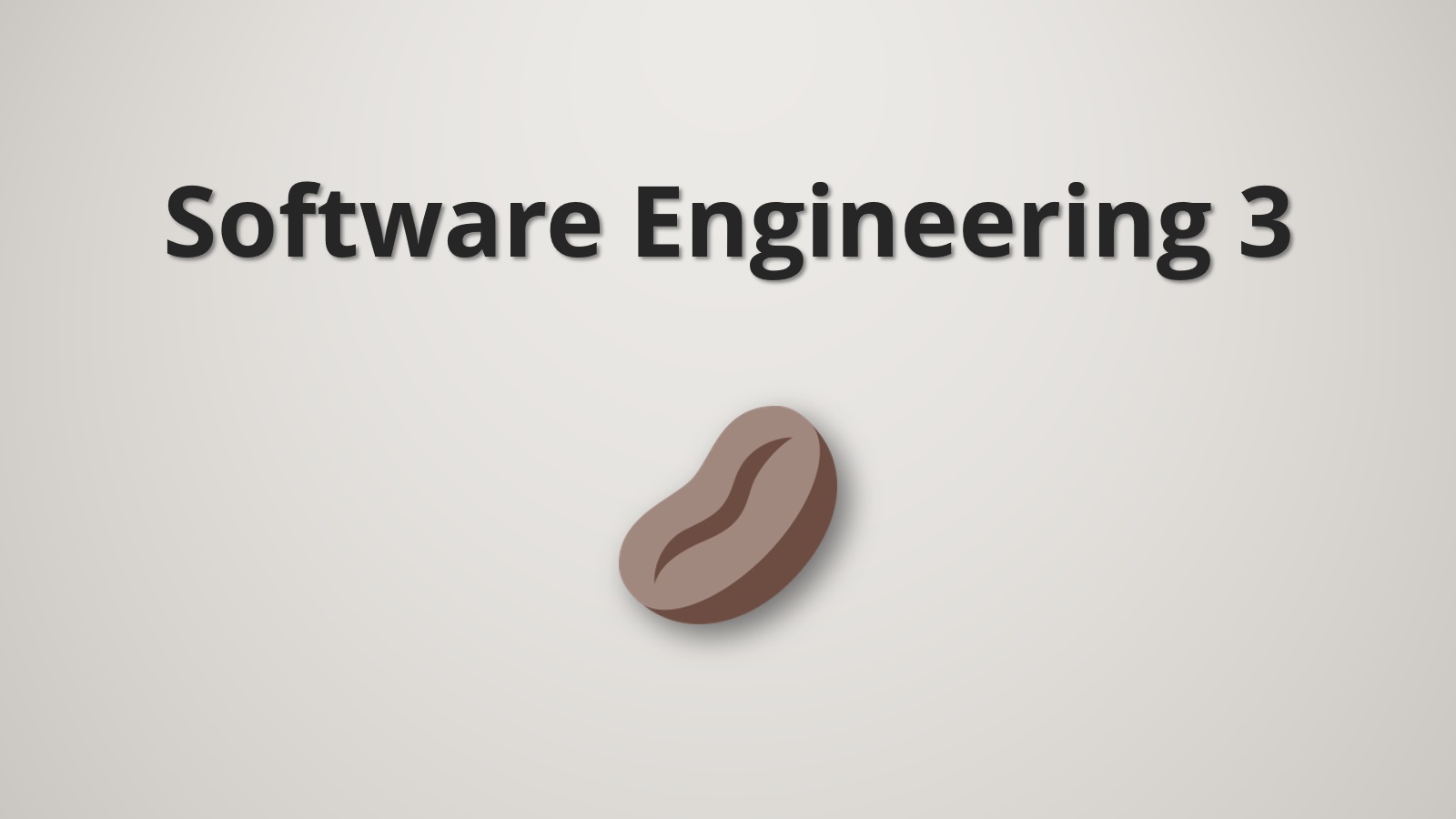
Software Engineering 3
Get introduced to Enterprise Java Beans (EJB) in Java EE 7. And how to create an entire EJB application programming interface (API). The course also goes through how to create servlets and how to test the EJB items in the server.
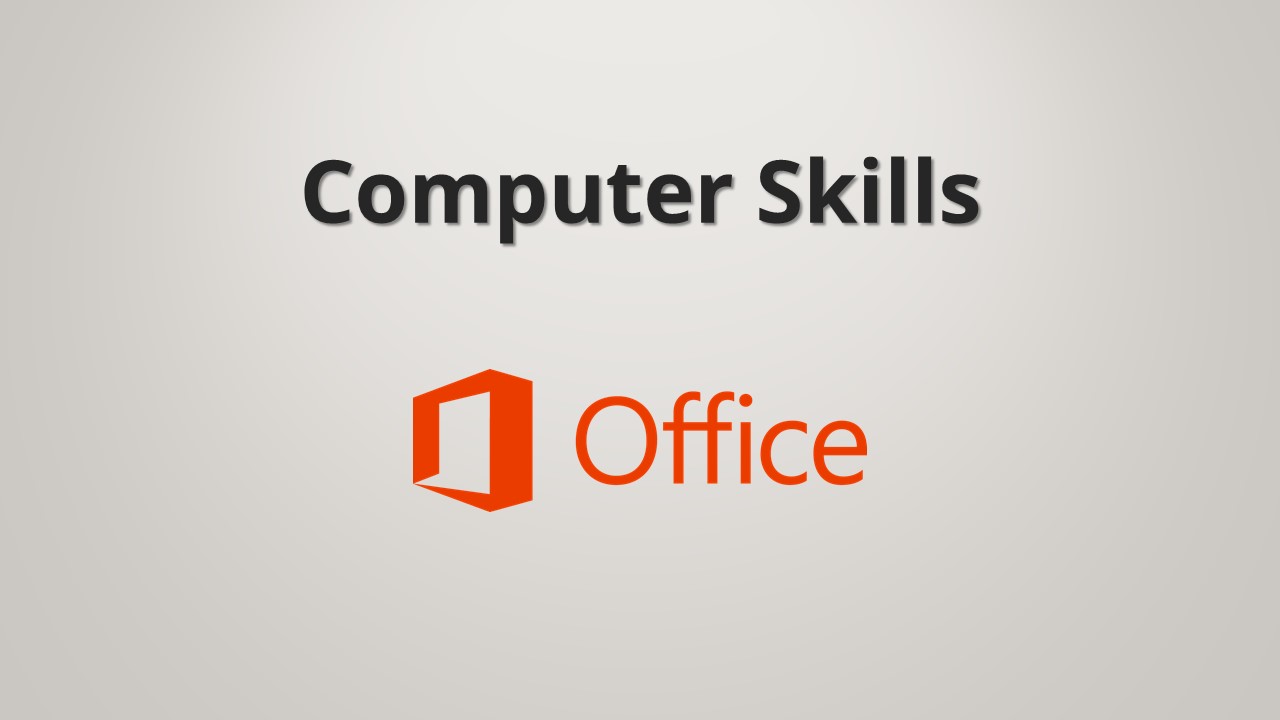
Computer Skills
This course covers all the practical elements included in the ICDL certificate and consists of the following: Introduction to Information Technology, Windows operating system, Word, Excel, PowerPoint,Internet and e-mail Explorer and Outlook, Access database system.
SKILLS
Professional Skills
-
Hard Working
-
Communication
-
Leadership
-
Team Working
-
Research
-
Critical Thinking
-
Problem Solving
Programming Skills
-
Algorithms Analysis
-
Web Development
-
Android Development
-
Data Analysis
Software Skills
-
Articulate Storyline
-
Microsoft Office
-
Adobe Photoshop
-
Camtasia
Awards
Algorithms & Problem-Solving Competitions
ACM SYPUCPC
First Place at ACM SYPUCPC - 2014 & 2015
ACM International Collegiate Programming Contest (abbreviated as ACM-ICPC or ICPC) is an annual multi-tiered competitive programming competition among the universities of the world. The contest is sponsored by IBM.
ACM SYPUCPC
Third Place at ACM SYPUCPC - 2016
ACM International Collegiate Programming Contest (abbreviated as ACM-ICPC or ICPC) is an annual multi-tiered competitive programming competition among the universities of the world. The contest is sponsored by IBM.
ACM SCPC
Certificate of Achievement at ACM SCPC - 2014 & 2015 & 2016
ACM International Collegiate Programming Contest (abbreviated as ACM-ICPC or ICPC) is an annual multi-tiered competitive programming competition among the universities of the world. The contest is sponsored by IBM.
Entrepreneurship Competitions
Startup Weekend Damascus
Third Place - 2015
Startup Weekend is a 54 hour event that brings together designers, developers, entrepreneurs, and experts from all domains to do amazing things. All Startup Weekend events follow the same basic model: anyone is welcome to pitch their startup idea and receive feedback from their peers. Teams form around the top ideas and embark on a three-day frenzy of business model creation, coding, designing, and market validation. The weekend culminates with presentations in front of local entrepreneurial leaders with another opportunity for critical feedback!
Khbrat Syria
Third Place - 2016
Khbarat Syria is an NGO that holds many events and project, one of these project is a startup contest that is much like startup weekend. our project in this contest won the third place and it was a bracelet that delivers the news to family and ambulance in case of mortar or blast, and prioritize the ambulance for the injured.
